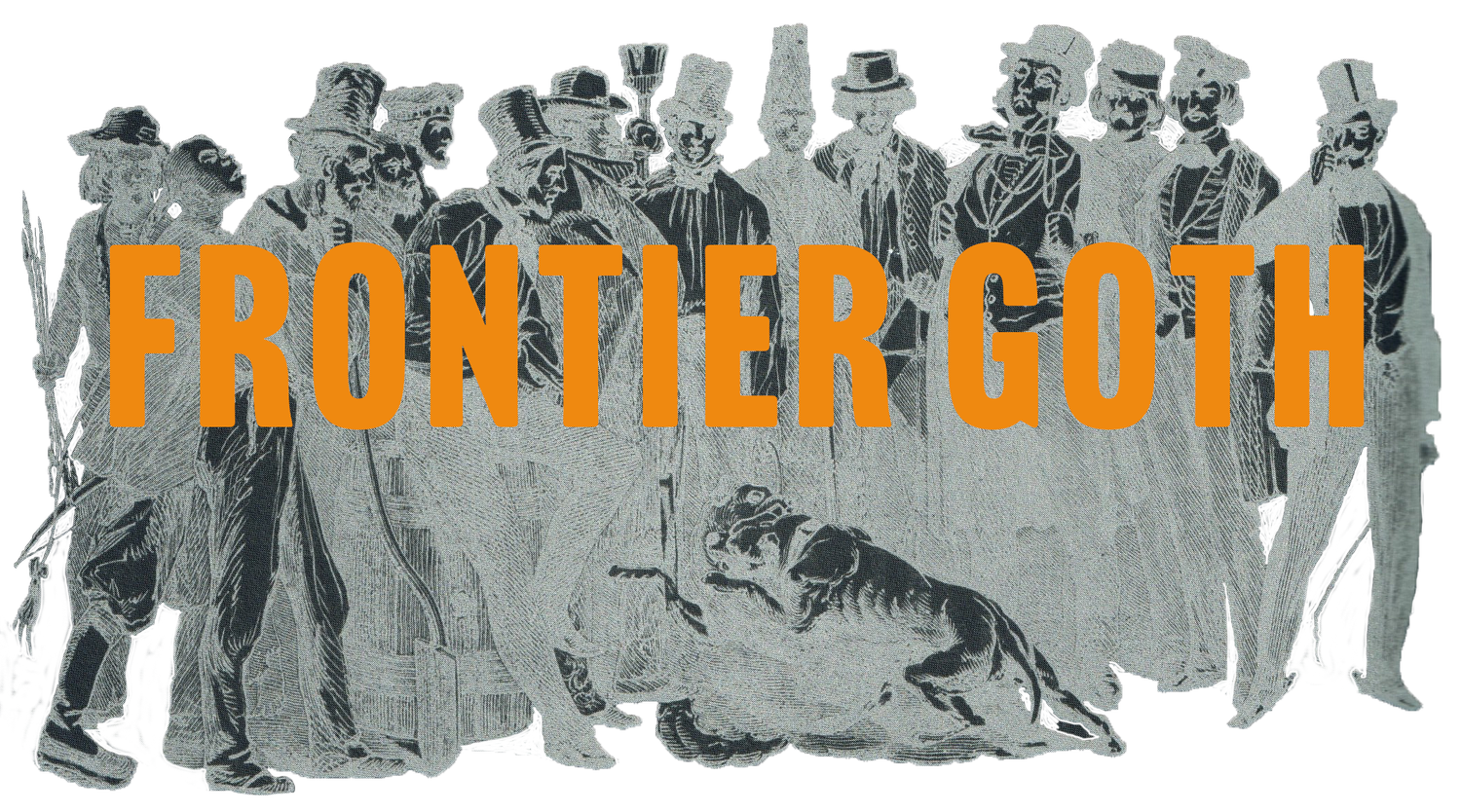A Phenomenology of Landscape by Christopher Tilley
“Space is socially produced, and different societies, groups and individuals act our their lives in different spaces. Space in itself no longer becomes a meaningful term. There is no space, only spaces. These spaces, as social productions, are always centred in relation to human agency and are amenable to reproduction or change because their constitution takes place as part of the day-to-day praxis or practical activity of individuals and groups in the world. They are meaningfully constituted in relation to human agency and activity. A humanized space forms both the medium and outcome of action, both constraining and enabling it. A centred and meaningful space involves specific sets of linkages between the physical space of the non-humanly created world, somatic states of the body, the mental space of cognition and representation and the space of movement, encounter and interaction between persons and between persons and the human and non-human environment. Socially produced space combines the cognitive, the physical and the emotional into something that may be reproduced but is always open to transformation and change. A social space, rather than being uniform and forever the same, is constituted by differential densities of human experience, attachment and involvement. It is above all contextually constituted, providing particular settings for involvement and the creation of meanings. The specificity of place is an essential element in understanding its significance. It follows that the meanings of space always involve a subjective dimension and cannot be understood apart from the symbolically constructed lifeworlds of social actors. Space has no substantial essence in itself, but only has a relational significance, created through relations between peoples and places. Space becomes detotalized by virtue of its relational construction and because, being differentially understood and produced by different individuals, collectivities and societies, it can have no universal essence. What space is depends on who is experiencing it and how.”
-Christopher Tilley, 1994



